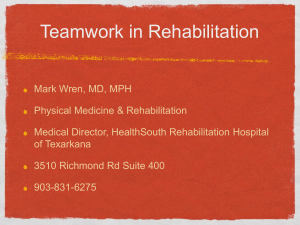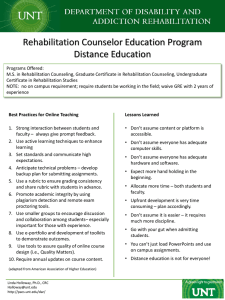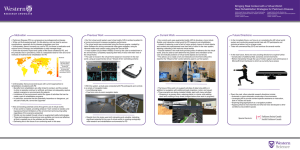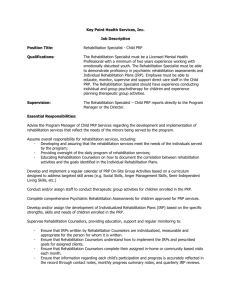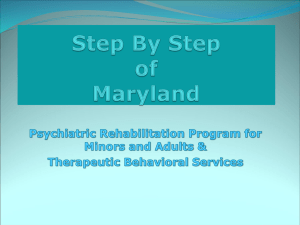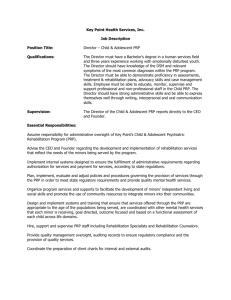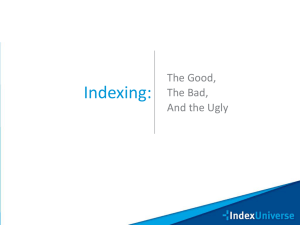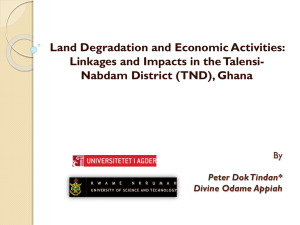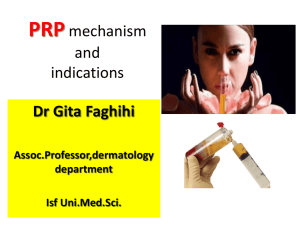Environmental Impact Study: LIPW Strategies in Rwanda
advertisement
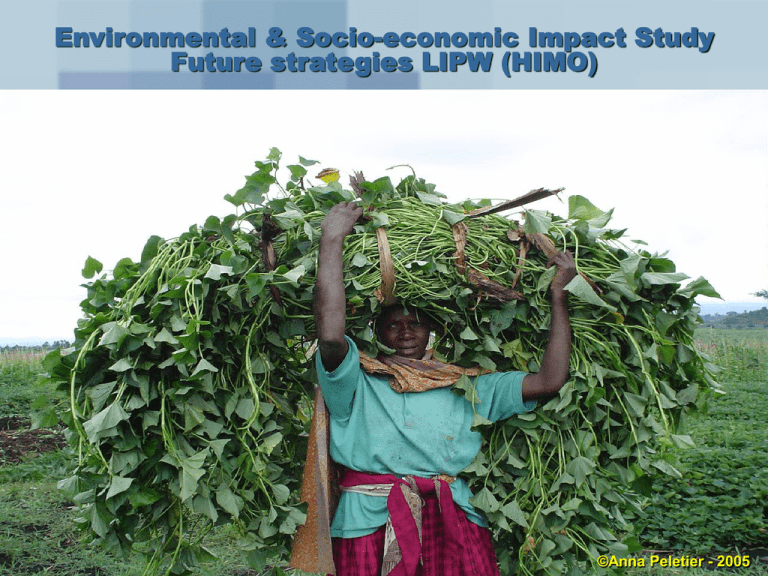
Environmental & Socio-economic Impact Study Future strategies LIPW (HIMO) ©Anna Peletier - 2005 Highlights Environmental and Socio-economic Impact Study • Programmes: SIG & PRP HIMO • Location: North / West Provinces (Ruhengeri & Cyangugu) • Principal donor: Kingdom of the Netherlands • Implementing agency: HELPAGE Rwanda • Financial contribution: € 6,6 million • Duration: 3 years • Programme objectives: – Rehabilitation of feeder roads around ecologically sensitive areas – Struggle against environmental degradation (reforestation, agro-forestry, erosion) – Strengthen the organisational and technical capacities of decentralised government (target: vulnerable population) – Rehabilitation of Bulera and Ruhondo lakes Context and Results Impact Study (1/2) CONTEXT : STATE OF THE ENVIRONMENT • Decreasing size of exploitations (2.0 0.6 ha) • Increasing nutrient deficit (136 kg/ha) • Wood deficit (1992: 1.9 2002: 6.7 million m3) • Carrying capacity exceeded • Double population in 25 years • Land scarcity and degradation • Loss in biodiversity, disturbed hydrology • Uncontrolled and inequitable/unsustainable exploitation environmental legislation • Environmental law: no mitigation measures • PSTA: promising initiative Context and Results Impact Study (2/2) RESULTS IMPACT STUDY • Rehabilitation of feeder roads: (maintenance) • Soil and water conservation: – Terracing, lake sides, anti-erosive measures • Lake rehabilitation: sustainable fishery? • Strengthening of organizational capacities: – Decentralized government: limited management capacities and funds (CDF) – Role of private sector and farmers organizations • LIPW (HIMO): – Potential role in struggle against environmental degradation – Monetarization of country side – Open question: how to make the investment in environmental protection profitable ? (decrease donor dependency and develop alternatives to external subsidies) Future strategies LIPW BACKGROUND • Based on SWOT analysis of LIPW in Dutch/Canadian supported PRP/SIG HIMO and ESIRU (GAA) programmes • Probable future incorporation of conservation Rugezi swamp • Maximization of returns on environmentally friendly productive investments OPPORTUNITIES • Continued decentralization • Distinction between private and public sector investments • Incorporation civil society / private sector • Commodity chain approach (PSTA, RNE, IFDC) • Economical orientation of beneficiaries (agriculture, small business, micro-enterprise) • Financial services replace subsidies • Key to success: knowledge transfer, good quality management and multi-partnership PSU PSU TASKS: • overall programme planning, financial/administrative control, strategic monitoring, subject matter support, validation of results policy support (PDL-HIMO) THANK YOU FOR YOUR KIND ATTENTION !


